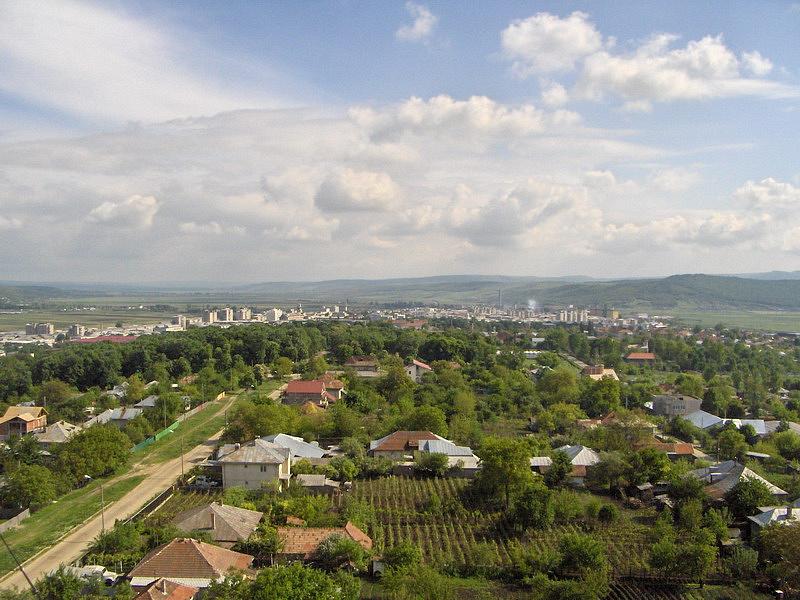Spanish journalists meet deposed Catalan leader's in-laws in poor Romanian city

The Romanian in-laws of Carles Puigdemont, the now deposed Catalan president, were interviewed in a feature that Spanish daily El Mundo ran in its online edition on October 29.
Puigdemont is married to Romanian-born journalist Marcela Topor. Her parents live in eastern Romania’s Vaslui county. Topor and her kids were rumored to have come there as well, after the October 1 referendum, according to Spanish media.
Vaslui is one of Romania’s poorest counties, with a high unemployment rate. It is part of Romania’s North-East region, which is also one of the five poorest in the European Union. The GDP per capita in this region was only a third (34%) of the EU average in 2015.
By contrast, Catalonia is one of Spain’s richest regions, accounting for 19% of the country’s GDP. In 2014 it had a per capita GDP of EUR 27,000, behind Madrid (EUR 31,000), the Basque Country (EUR 30,000), and Navarre (EUR 28,000). The argument that Catalonia is being dragged down economically by other regions of the country was among those used by supporters of the independence movement. However, after the referendum, some 1,821 companies decided to move their head offices out of Catalonia by October 27, El Pais reported. Among them were media group Planeta, gas and electrical energy utilities company Gas Natural, Spain’s third largest bank CaixaBank, and banking group Sabadell.
As detailed in the El Mundo article, Topor’s parents offered the Spanish journalist and his Romanian colleague the traditional plum brandy tuica and told them they supported their daughter and her husband in their view that Catalonia should become independent from Spain.
They also shared Puigdemont’s like of the Romanian soup ciorba, and their pride that their son-in-law speaks better Romanian than they do Spanish or Catalan. They also detailed the early days of the relationship between the two, when Carles was telephoning Marcela every day. Although they can receive TVE International, Puidgemont's Romanian relatives do not watch it because their knowledge of Spanish doesn't allow for it. They prefer instead to be informed of the developments in the region by their daughter, they told El Mundo.
The Madrid government activated on Friday, October 27, the article 155 of the constitution and placed Catalonia under its direct control after the region’s parliament made a unilateral declaration of independence. The region’s civil service, police, and finances are now under the central government’s control. Puidgemont and the regional government were dismissed from their posts. The same article allowed Spain’s prime minister Mariano Rajoy to call elections in Catalonia, to be held on December 21.
On Monday, October 30, Spain’s attorney general José Manuel Maza said he would ask the national court to bring the charges against members of the Puidgemont administration for rebellion, misuse of public funds and their role in trying to create an independent Catalan state. Puidgemont and other Catalan leaders left for Brussels on Monday, La Vanguardia reported, quoted by Reuters. They could seek asylum in Belgium, according to brusselstimes.com.
The full El Mundo article can be read here.
Catalonia’s “independence queen” hails from Romania
editor@romania-insider.com
(Photo source: Vaslui cityscape, Wikipedia)















